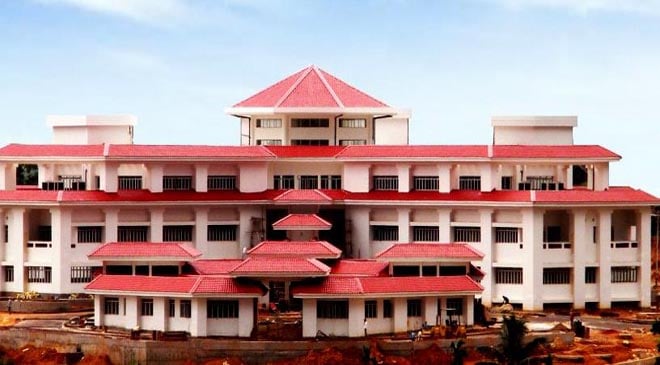A special Bench of Tripura High Court comprising of Chief Justice Akil Kureshi and Justice S. Talapatra, passed an order in a suo motu Public Interest petition instituted by the High Court in exercise of powers under Articles 226 and 227 of the Constitution of India and Section 482 of the Cr.P.C
The special Bench was constituted to deal with interim orders which were ordered to operate till a particular date. The High Court of Tripura, in wake of the threat of spread of Corona virus had issued notifications dated 20th March, 2020, 20th March, 2020 and 24th March, 2020 reducing the Court work and making arrangement for taking up only urgent cases in the High Court and in the subordinate Courts. The entire country was then placed under a Nationwide lockdown till 14th April, 2020 by the Central Government.
The petition was filed with reference to the cases where the Courts had passed interim orders before 20th March 2020, which would only operate till a particular date, and if not extended they would automatically stand vacated. The lawyer would then have to move the Court for extension of the interim order, thereby increasing the number of urgent cases which Court may have to hear.
In an attempt to obviate such difficulties the High Court, through this suo motu PIL has ordered that all interim orders passed by the High Court, subordinate Courts including Family Courts, and Tribunals functioning in the State which were subsisting on 20th March, 2020 will automatically be extended till 30th April, 2020, unless vacated or modified by a judicial order
All orders passed by the High Court and the subordinate Courts in exercise of criminal jurisdiction granting bail, temporary bail, parole or interim protection in an anticipatory bail application or any other proceedings which were in operation on 20th March, 2020 and which are likely to expire before 30th April, 2020 will also automatically extend up to 30th April, 2020.
The High Court has also kept it open for the party to press for vacating or modifying such order if it causes any hardship to any party, and the concerned Court can examine such request and dispose it off according to law.
-Srishti Ojha


